Save on Field Day Items & Support Native Foodways!
In recognition that the story of the first Thanksgiving perpetuates an inaccurate and harmful version of history, our co-op is joining food co-ops across the country to make a collective donation to North American Traditional Indigenous Food Systems (NĀTIFS) this November. Food co-ops will donate $0.05 for every Field Day product sold during this promotion (November 5-December 2).
NĀTIFS (pronounced nay-tihfs. Sounds like "Natives") is a nonprofit organization founded by Lakota Chef Sean Sherman (known as the Sioux Chef), dedicated to revitalizing Indigenous food systems and promoting cultural preservation within Native American communities. Through initiatives like the Indigenous Food Lab, NĀTIFS offers training programs, educational workshops, and support for Indigenous entrepreneurs to empower individuals and foster economic development.
By addressing economic disparities, food insecurity, and the loss of Indigenous food knowledge, NĀTIFS aims to restore health, wealth, and cultural identity to Indigenous populations. The organization's commitment to promoting Indigenous foodways education, facilitating food access, and revitalizing ancestral knowledge underscores its mission to create positive social impact and support underserved communities.
To learn more about NĀTIFS, visit natifs.org. If you want to get involved, follow NĀTIFS on social media, sign up for the NĀTIFS newsletter, or make your own donation. You can also lend a hand by sharing their mission and vision on social media with your friends and family.
Taking advantage of low prices on Field Day items not only saves you money, but also supports the vital work that NĀTIFS is undertaking. If you are interested in doing more, consider learning about and supporting the initiatives of Indigenous people in your local community. Start by visiting native-land.ca/ to learn whose ancestral land you live on.




















